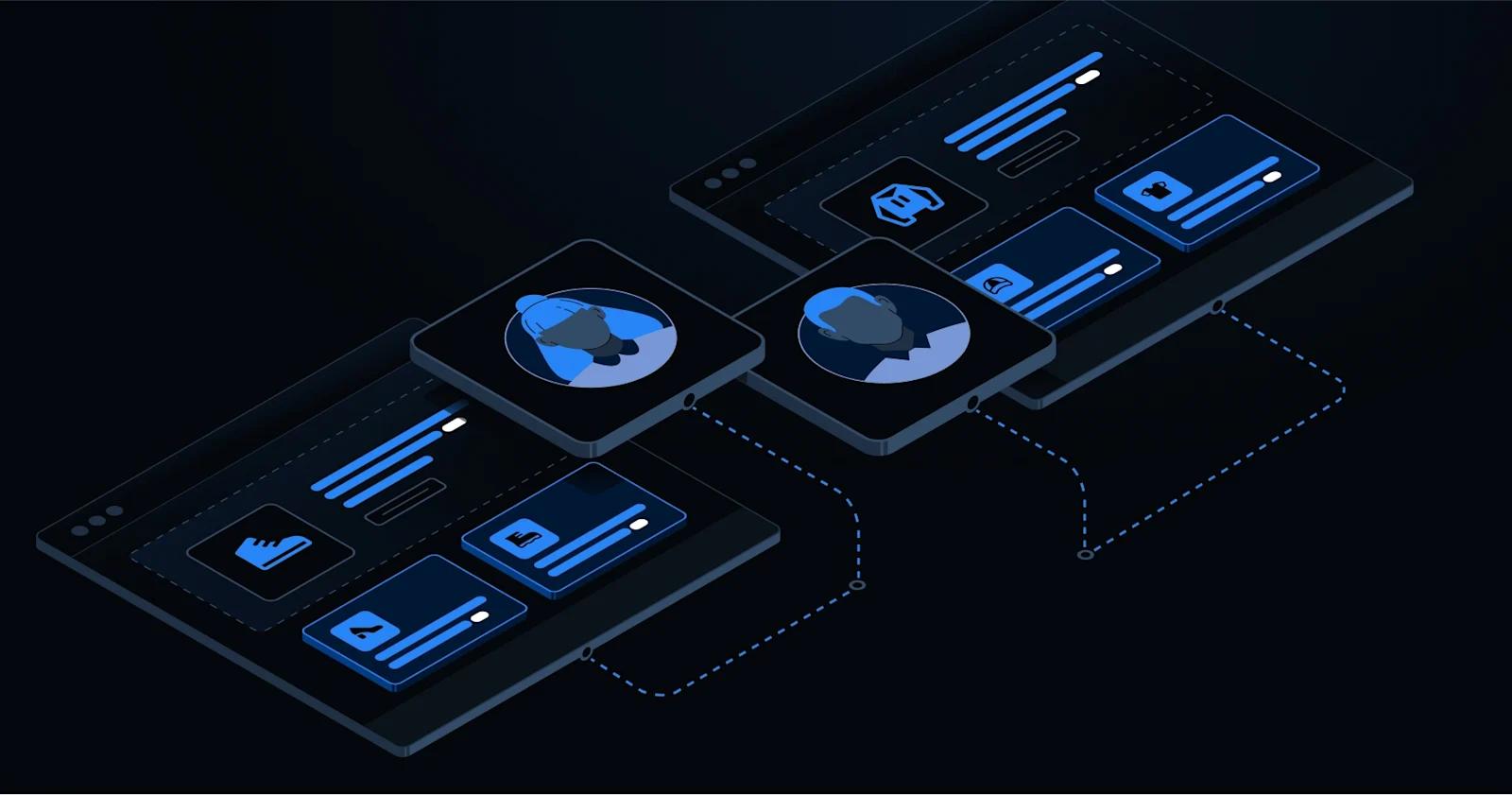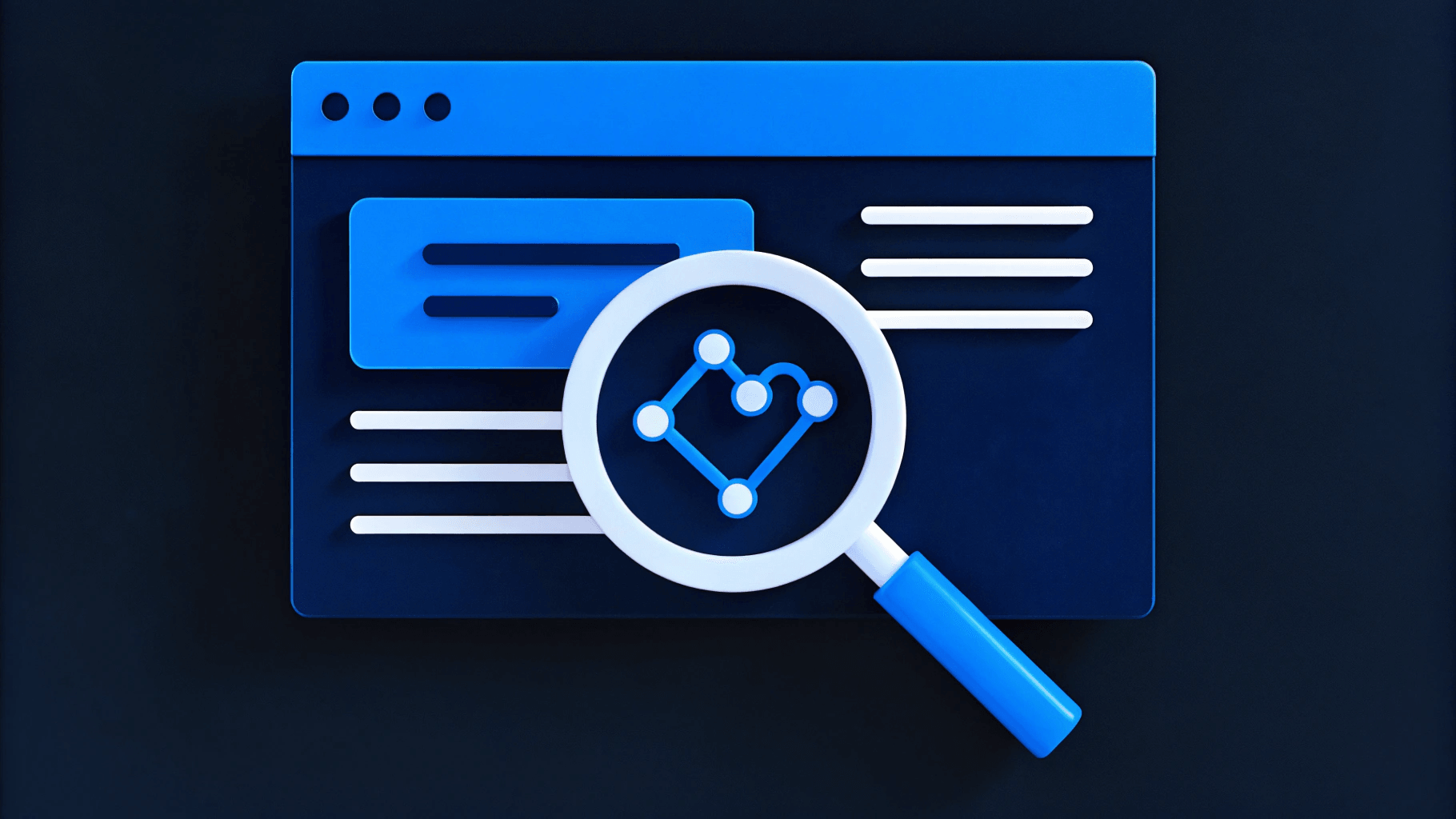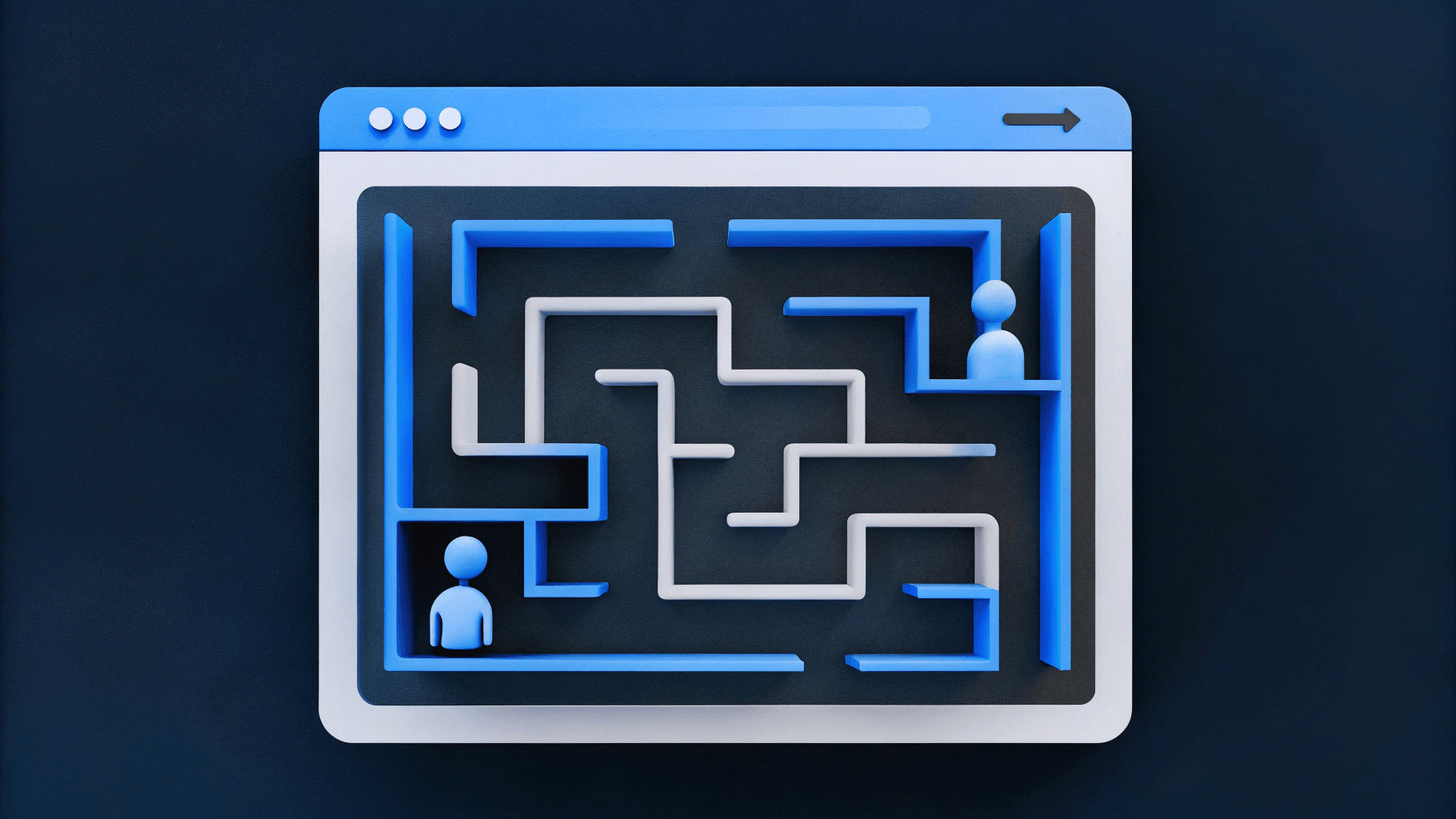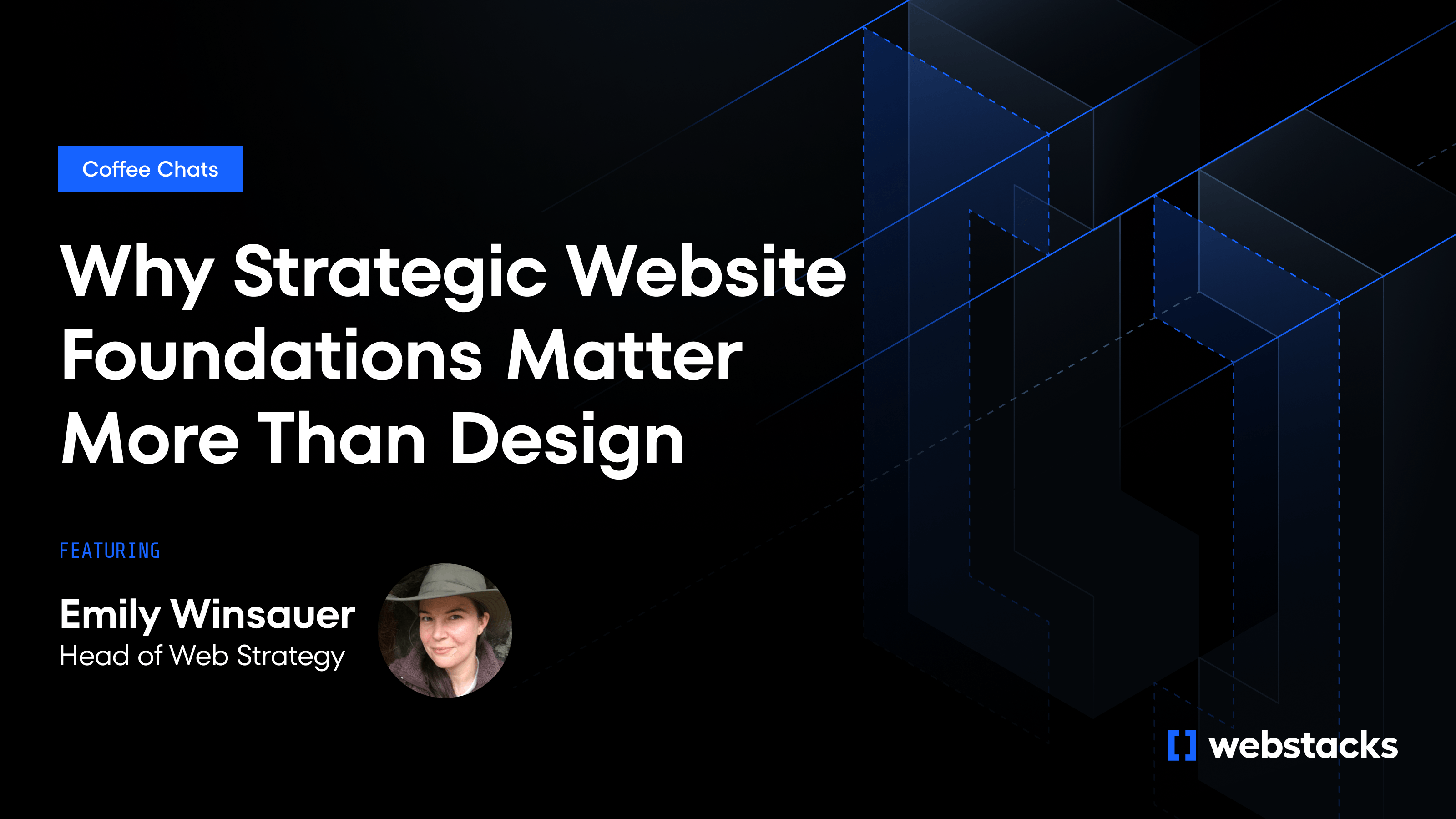Did you know that 77% of B2B buyers won’t make a purchase without seeing personalized content? So, if your B2B company isn’t currently utilizing website personalization, it might be time to consider it.
Website personalization offers a range of benefits that can help B2B companies strengthen their relationship with prospects, enhance their brand identity, and achieve greater success online.
In this article, we will highlight the top seven advantages of website personalization for B2B companies.
Key Takeaways:
- Website personalization is a powerful strategy that offers numerous benefits for B2Bs selling digital products and services.
- Personalization can increase conversion rates, enhance customer engagement, and improve customer experience.
- It provides higher content relevance, streamlines sales processes, and boosts customer retention and loyalty.
What is Website Personalization?
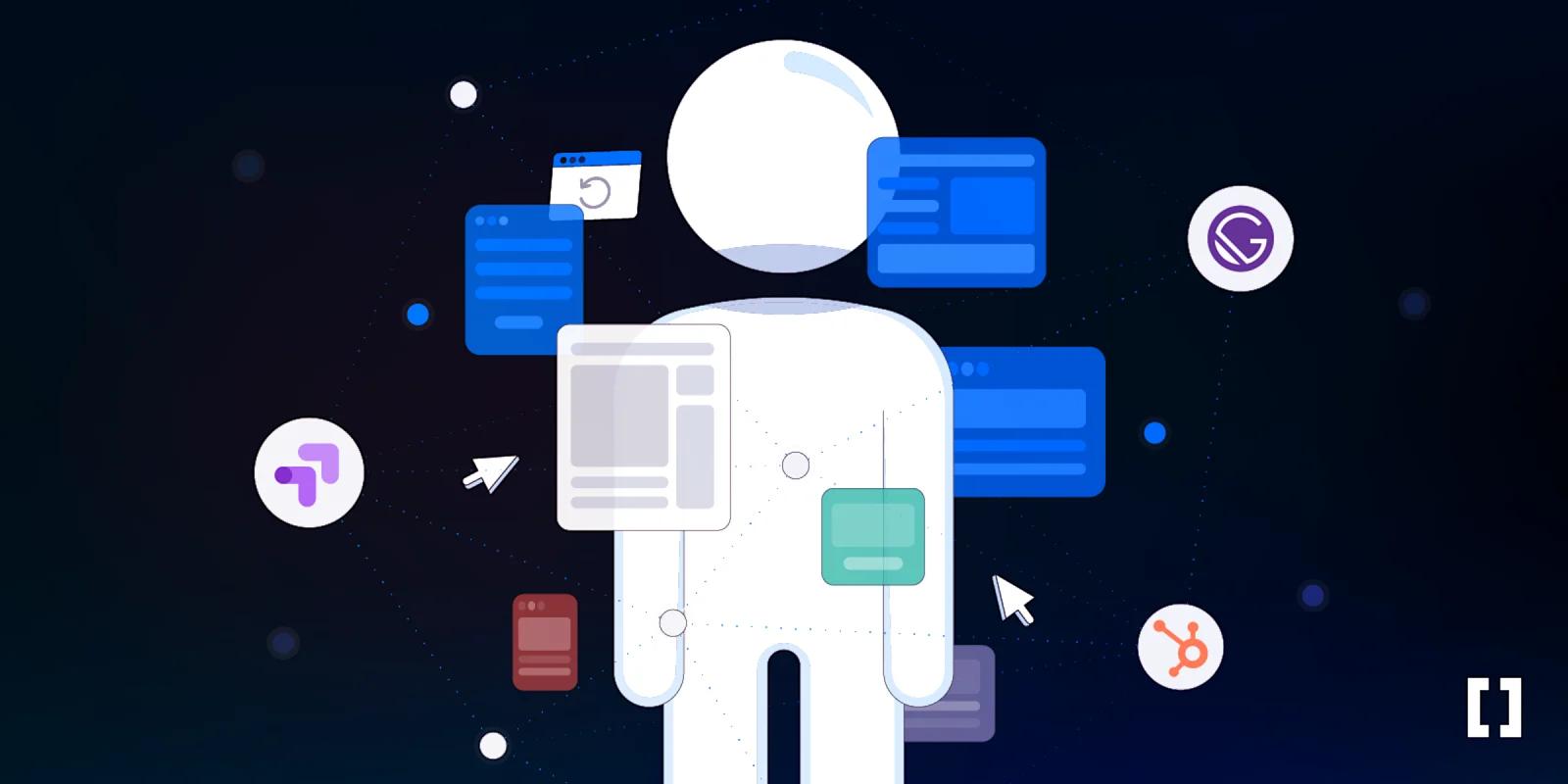
Personalization blog.png
Website personalization tailors the online experience to each visitor based on their preferences, behaviors, and interests. It involves showing personalized content, offers, and custom layouts to create a unique experience for everyone.
You have probably experienced personalization before.
Perhaps you visited a website and it greets you by your first name. Another instance would be seeing a heading that directly mentions your own company name. Or maybe you were looking to buy new clothes on an e-commerce website, and the “Recommendations” section featured items related to ones you had already viewed.
Personalization helps businesses deliver more relevant and engaging interactions that resonate with their audience.
Here are three typical methods to achieving effective website personalization:
- Utilizing User Data: Display personalized recommendations based on past behavior and preferences.
- Dynamic Layout Adjustments: Modify website layouts in real-time to match user preferences.
- Customized Content and Messaging: Tailor content and messaging to fit user characteristics.
This targeted approach can greatly improve user engagement, boost conversion rates, and increase customer satisfaction. It also helps businesses set themselves apart from competitors and build stronger connections with their audience.
8 Key Elements To Personalize on B2B Websites
Personalizing key elements of your B2B website can greatly enhance user engagement and drive conversions. Here are some of the critical components to consider:
- 📰 Headings: Personalized headings grab the attention of visitors by addressing their specific interests or industries, making the content immediately relevant and engaging.
- ✍️ Copywriting: Tailoring the text on your website to speak directly to the visitor's needs and pain points enhances their connection with your brand and increases the likelihood of conversion.
- 📣 CTAs: Customized calls-to-action (CTAs) based on visitor behavior and preferences can significantly boost conversion rates by encouraging desired actions in a more compelling way.
- 🖼 Imagery: Using images that resonate with the visitor’s industry or interests can create a more relatable and engaging user experience, making the content feel more tailored and relevant.
- 🪧 Banners, Slide-ins, and Pop-ups: Personalized banners, slide-ins, and pop-ups can deliver targeted messages and offers, capturing the visitor's attention without being intrusive.
- 🧭 Navigation Items: Customizing the navigation menu to highlight the most relevant sections based on the visitor's behavior can streamline their journey and improve user experience.
- 🤝 Trust Bar Logos: Displaying logos of well-known clients or partners relevant to the visitor's industry can build immediate trust and credibility.
- 🎤️ Testimonials, Reviews, and Accreditations: Featuring testimonials and reviews from companies or individuals in the same industry as the visitor can enhance credibility and trust, making the visitor more likely to engage.
Key Benefits of Website Personalization in B2B
In B2B, building strong relationships with clients is essential. Personalization helps by tailoring the user experience to individual preferences, needs, and behaviors.
1. Increased Conversion Rates
Website personalization can greatly boost conversion rates for B2B companies. By tailoring content, offers, and layouts to individual visitors, you can engage them more deeply and prompt them to take desired actions, such as filling out a form, making a purchase, or requesting a consultation.
Studies have shown that personalized calls-to-action and dynamic content can increase conversion rates by up to 202%. This improvement directly translates into more leads, sales, and revenue for your business.
2. Enhanced Customer Engagement:
Website personalization creates tailored experiences that capture your audience's attention and keep them engaged. This approach encourages visitors to spend more time on your site, explore different pages, and interact with your brand. Engaged customers are more likely to convert, become loyal advocates, and generate positive word-of-mouth.
3. Improved Customer Experience
Delivering exceptional customer experiences is crucial for standing out in a competitive market. Personalization helps by providing visitors with relevant content at the right time.
Customized landing pages, product recommendations, and targeted messaging based on visitor needs and preferences enhance satisfaction, build trust, and position your brand as a go-to solution provider.
4. Higher Content Relevance
Personalization allows you to serve highly relevant content based on visitor demographics, firmographics, and browsing behavior. By understanding their industry, job role, and specific pain points, you can deliver content that addresses their unique needs. Relevant content fosters trust in your expertise and moves visitors further down the sales funnel.
Using a headless CMS can further enhance this process by allowing for flexible and efficient content delivery across multiple platforms, ensuring consistency and relevance.
5. Streamlined Sales Processes
Personalized messaging, targeted offers, and dynamic pricing create a frictionless path from consideration to purchase. This approach helps identify high-intent visitors and prioritize relevant products or services.
Personalized recommendations and upsell/cross-sell strategies can increase average order value and maximize sales opportunities, accelerating the sales cycle and driving revenue.
6. Boosted Customer Retention and Loyalty
Retaining existing customers is crucial for long-term growth. Website personalization nurtures and retains B2B customers by delivering personalized experiences even after the initial purchase.
Tailored content, offers, and support resources demonstrate your commitment to their success, encouraging repurchase, referrals, and brand advocacy.
7. Competitive Advantage in the Market
Implementing website personalization gives your B2B company a competitive edge. Personalized experiences differentiate you from competitors who offer generic solutions.
80% of customers are more likely to purchase from brands that offer personalized experiences. Leveraging website personalization positions your business as a market leader, builds brand loyalty, and provides a distinct competitive advantage.
How to Implement Website Personalization in B2B
Implementing website personalization in a B2B context requires a strategic approach. Follow these key steps to tailor the user experience and enjoy the benefits of personalization:
- Identify Key Segments: Analyze customer data such as demographics, behavior, and preferences to understand different target groups. Segment your audience to create personalized experiences that meet their specific needs and interests.
- Utilize Data for Personalization: Leverage data from CRM systems, marketing automation platforms, and customer interactions. Use this data to deliver targeted messaging, product recommendations, and personalized content that resonates with each visitor.
- Track Events: Implement event tracking tools like Google Analytics to monitor user actions, such as clicks, form submissions, and page views. Use this data to trigger personalized experiences, like tailored recommendations and targeted offers based on user behavior.
Best Personalization Tools for B2B Websites
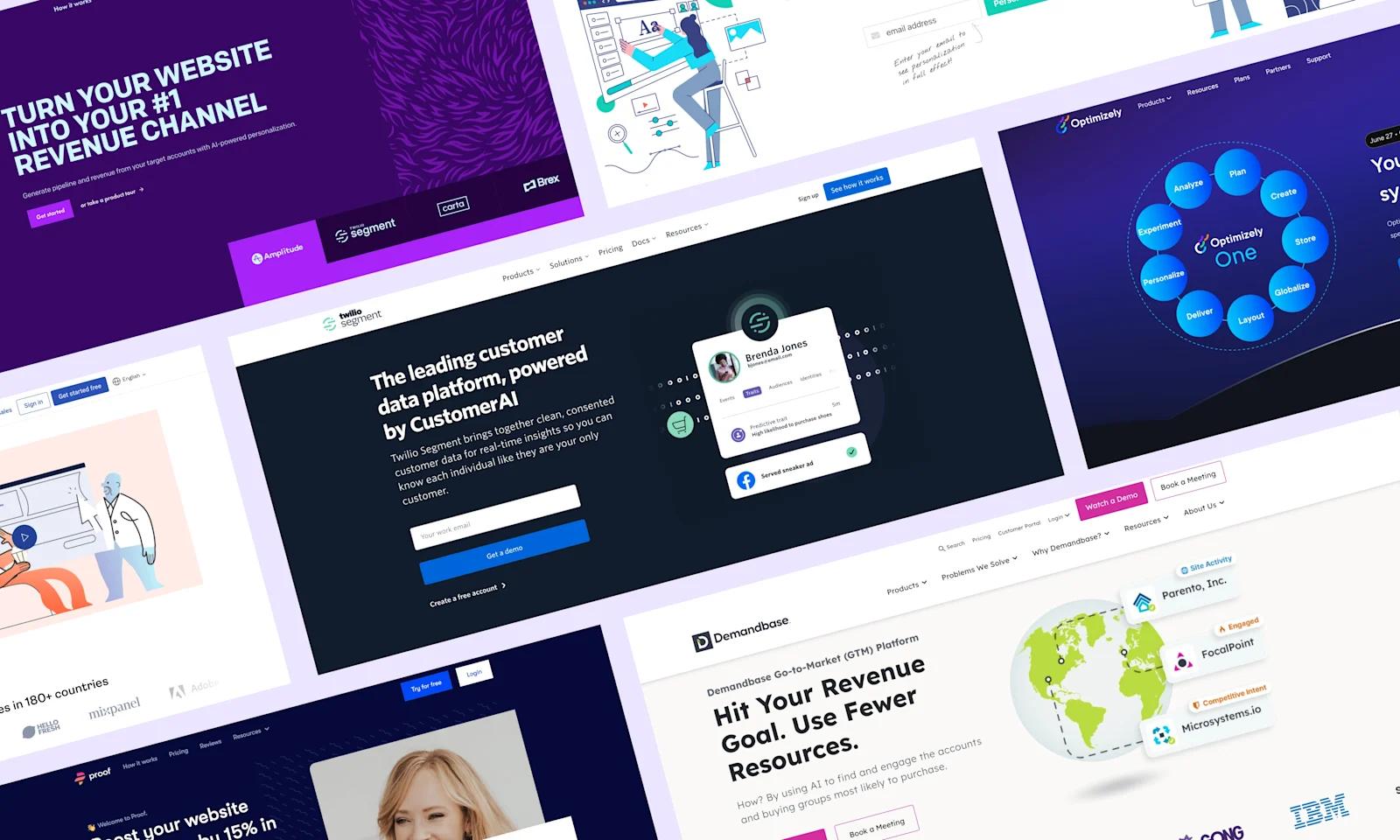
personalization tools
To effectively implement personalization on your B2B website, using the right tools is crucial. 89% of digital businesses are investing in personalization.
Below are some of the best personalization platforms available:
- Mutiny: Mutiny offers a no-code platform for creating personalized website experiences. It uses AI to analyze visitor behavior and deliver targeted content, significantly enhancing engagement and conversion rates. Its intuitive interface makes it easy for marketing teams to implement changes without requiring technical expertise.
- Segment: Segment is a customer data platform that collects, cleans, and controls customer data from various sources. It enables businesses to unify their data, allowing for precise personalization across all marketing channels, thus ensuring a cohesive and tailored user experience.
- Optimizely: Optimizely is a powerful experimentation platform that allows businesses to test and optimize their digital experiences. With its robust personalization capabilities, companies can create tailored content and experiences for different audience segments, driving higher engagement and conversion rates.
- DemandBase: DemandBase specializes in account-based marketing (ABM) and personalization. It leverages AI to identify high-value accounts and deliver personalized content that resonates with key decision-makers, making it an ideal tool for B2B companies looking to target specific organizations.
- Hyperise: Hyperise offers dynamic image personalization, allowing businesses to tailor visual content for each visitor. It integrates with various marketing platforms, enabling the creation of personalized images that can be used in emails, ads, and websites, enhancing engagement and response rates.
- Proof: Proof provides real-time social proof and personalization tools. It uses data to show personalized messages and social proof elements, such as live visitor counts and recent activity notifications, to build trust and encourage conversions by leveraging the power of social proof.
Additional Tools to Support B2B Experiences
When it comes to implementing website personalization, there are several tools available that can streamline the process and enhance your capabilities.
Some of the tools that can be used for website personalization include:
Personalization and ABM Strategy
58% of B2B marketers experienced larger deal sizes with Account-Based Marketing (ABM). Personalization is a key element in ABM strategies, enabling businesses to target high-value accounts with customized messaging and content.
By personalizing interactions, B2B companies can provide more relevant and impactful experiences, which enhances engagement and drives conversions.
Implementing website personalization within an ABM framework involves several key tactics:
- ABM Landing Page Design and Microsites: Designing dedicated ABM landing pages or microsites for specific accounts or account clusters can significantly enhance personalization efforts. These pages can feature tailored content, case studies, and testimonials relevant to the target account, providing a highly focused and relevant user experience. Microsites, in particular, offer a more comprehensive and immersive experience than traditional landing pages, allowing for deeper engagement with the account's specific needs and interests.
- Dynamic Content Insertion: Personalize website elements such as company names, logos, and relevant case studies on landing pages. This ensures visitors see content specifically tailored to their company and industry needs.
- Custom Headlines and CTAs: Adjust headlines, copy, and calls-to-action based on the visitor’s industry, job role, and position in the sales funnel. Different messaging can be shown to top-of-funnel visitors compared to those closer to making a purchase decision.
- Recognition of Returning Visitors: Improve the experience for returning visitors by acknowledging their previous interactions with personalized messages, helping them continue their journey from where they left off.
- Sales Rep Routing: Connect prospects who engage through chatbots or request demos to their assigned sales representatives. This personal touch ensures the prospect interacts with someone who understands their needs and can provide immediate value.
- Personalized Pricing Pages: Customize the pricing or packages page based on the visitor’s account profile, showing options most relevant to their needs. For ABM accounts, this might mean highlighting enterprise solutions over basic packages.
By utilizing these strategies, businesses can create personalized experiences that resonate with their target accounts, leading to higher engagement and conversion rates.
Ready to Personalize Your Website?
Website personalization offers a multitude of benefits for B2B companies, empowering them to create personalized experiences that speak directly to prospects and convert them at a higher clip.
By incorporating this into your website, you can effectively differentiate your brand, build stronger customer relationships, and drive meaningful business growth.

